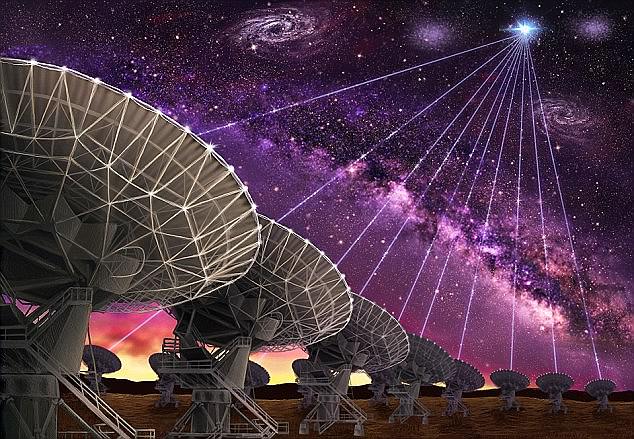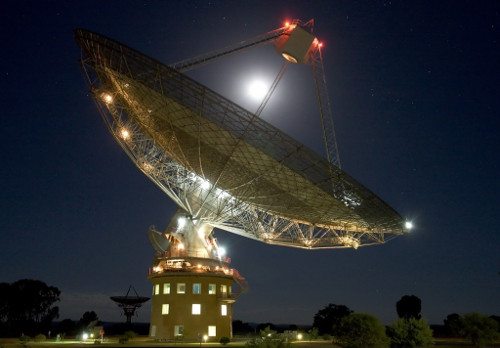
However, who, for sure, is sending them? That is the thing that Caleb expects to discover with further research
Scientists affirm that puzzling radio waves are really originating from space
The fact of the matter is out there — some place. Scientists at the Australian National University’s Swinburne University of Technology have affirmed that short blasts of radio waves that had confused space experts since their revelation are really originating from far, a long ways past Earth.

The Fast Radio Bursts, or short, extraordinary beats of radio light, were initially gotten at Australia’s Parkes Observatory almost 10 years prior, as indicated by an announcement discharged Monday by the Swinburne University of Technology. As indicated by analysts, the FRBs are “around a billion times more iridescent” than anything that has been seen inside our own cosmic system.

Be that as it may, for quite a while, researchers couldn’t decide from where, precisely, the blasts were starting.
Participants at a UFO Festival in Roswell, New Mexico
One plausibility appeared to be that the FRBs weren’t originating from space by any means, and that they were the consequence of some Earthly impedance hindering telescopes and befuddling stargazers.

“Regular single dish radio telescopes experience issues building up that transmissions begin past the Earth’s air,” Swinburne University’s Chris Flynn said in the announcement.
This new research however, affirms that the FRBs are to be sure originating from some place past Earth. Manisha Caleb, a PhD applicant at Swinburne University and the ARC Center of Excellence for All-sky Astrophysics, utilized an effective telescope and programming she created to affirm that the FRBs are surely originating from space.

However, who, for sure, is sending them? That is the thing that Caleb expects to discover with further research — up until now, she’s just having the capacity to connection of the FRBs to a particular system, she said. “Making sense of where the blasts originate from is the way to understanding what makes them,” Caleb said.

Edited By articlesworldbank.com
